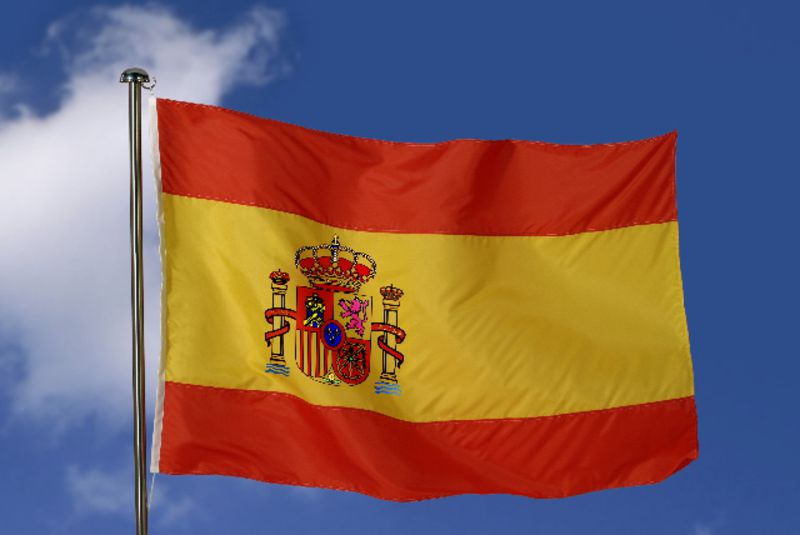The Greek contagion is spreading but the cure is uncertain yet
Adelina Marini, April 30, 2010
 The situation in the eurozone is on the way of getting out of control since only for the past several days the following things came up: first, Greece's credit rating reached the absolute bottom (junk rating) and, second, Portugal's rating was downgraded too, indicating a repeat of the Greek scenario. There is also a third, which is that it is still not clear whether the agreement for assistance for Greece is still that unanimous.
The situation in the eurozone is on the way of getting out of control since only for the past several days the following things came up: first, Greece's credit rating reached the absolute bottom (junk rating) and, second, Portugal's rating was downgraded too, indicating a repeat of the Greek scenario. There is also a third, which is that it is still not clear whether the agreement for assistance for Greece is still that unanimous.
Currently negotiations are taking place on the rescue plan for Greece and it is expected euro zone's leaders to gather on May 10 to vote on the package. By then the Greek parliament must have voted its activation. It is still not clear however, in how many euro area member states the loan should also pass an approval in Parliament, thus additionally protracting the lending of more than 40 bn euros joint credit by the Monetary Union members and the International Monetary Fund.
According to financial analysts, quoted by the EurActiv the situation of Portugal has deteriorated mainly because of investors' fears about whether Greece will really get a loan. The country has a deadline on a credit - May 19. In other words, financial markets are not convinced that the governments from the Economic and Monetary Union will keep up with their commitments, especially Germany where public opinion is firmly against helping Greece and chancellor Angela Merkel's party is risking losing the local elections on May 9.
After the downgrading of Portugal's rating by Standard and Poor's, the country's 2-year bonds jumped to the record 5.35%, surpassing the 5% interest rate of the loans the eurozone plans to give to Greece. The insurance costs for Greece and Portugal's 5-year bonds also hit record high.
Not less unpleasant news is that the increase of interest rates on the Portuguese debt led to increase of the rates on Spain's debts which is also in tough financial situation. The uncertainty is increasing even more, especially after the Financial Times reported on its first page that Greece, actually, needed two times bigger assistance than previously estimated - 120 bn euro for the next three years. The newspaper is quoting German Members of Parliament who met the director of the IMF Dominique Strauss-Kahn and the president of the European Central Bank Jean-Claude Trichet.
But when the 30 bn euros loan was being negotiated however, the 15 eurozone partners of Greece explicitly stated that this money together with the 10 bn share of the IMF would be enough for the first year of a 3-year plan. Therefore, it is a little bit weird why a respected newspaper as the Financial Times would claim that Greece would need more money. After all this sum is just the total for the three years' rescue plan, agreed among the Eurogroup and the IMF.
 | © European Commission- Audiovisual Service
| © European Commission- Audiovisual Service | © Eropean Commisson-Audiovisual Service
| © Eropean Commisson-Audiovisual Service Klaus Regling | © Council of the EU
Klaus Regling | © Council of the EU Mario Centeno | © Council of the EU
Mario Centeno | © Council of the EU Mario Centeno | © Council of the EU
Mario Centeno | © Council of the EU Angela Merkel, Emmanuel Macron | © Council of the EU
Angela Merkel, Emmanuel Macron | © Council of the EU Benoit Coeure | © Council of the EU
Benoit Coeure | © Council of the EU Pierre Moscovici | © Council of the EU
Pierre Moscovici | © Council of the EU | © euinside
| © euinside